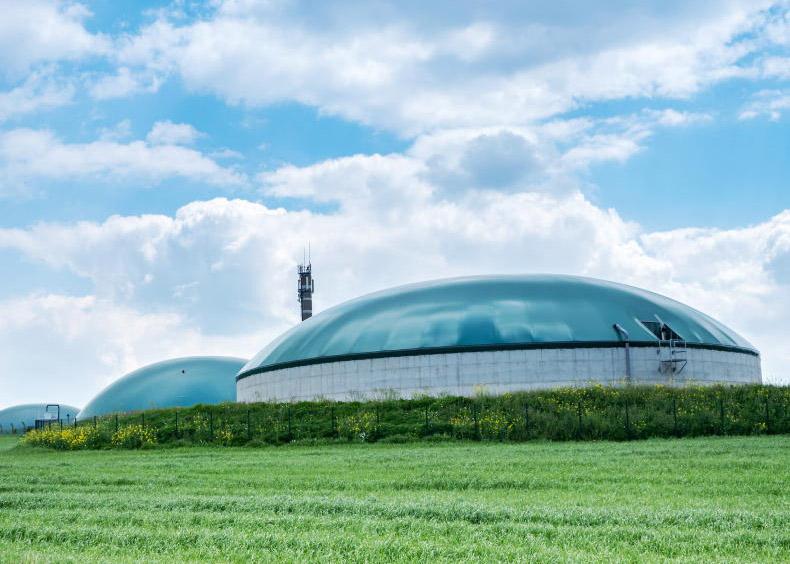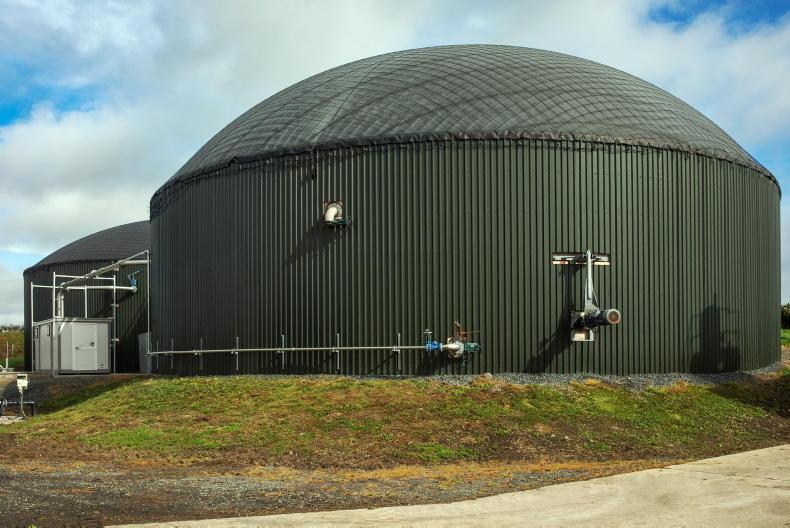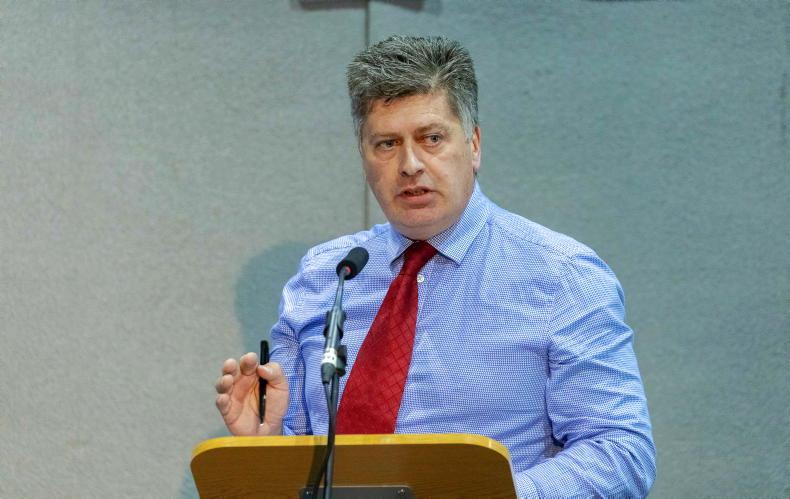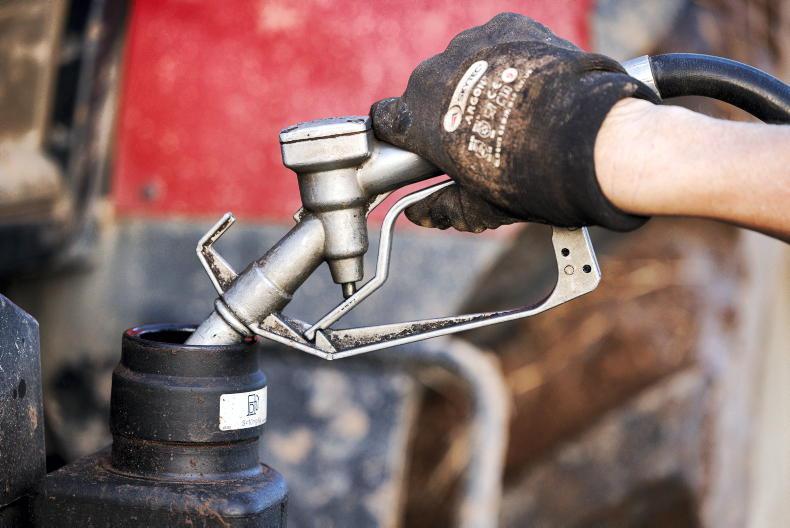While Ireland has ambitious targets for the rollout of anaerobic digestion technology to produce and deliver 5.7 TWh of indigenously produced biomethane by 2030, the country lacks a clear strategy and plan to achieve this.
This is set to change with the development of the National Biomethane Strategy.
The Department of Agriculture, Food and the Marine (DAFM) and the Department of Environment, Climate Action, and Communications (DECC) are co-leading the development of the biomethane strategy.
According to department spokespersons, the strategy is on track to be delivered by Q3 of this year.
To deliver this ambition, an “all-of-Government approach” was adopted and the national biomethane working group was established, consisting of various stakeholders across Government departments who collaborate on policies, incentives, regulations and markets to develop the industry.
Group members
The DAFM states that “stakeholder identification and assessment processes” were completed to identify the most suitable stakeholders for the group.
Each stakeholder inputs at a strategic level for their government organisation.
However, one crucial stakeholder, Gas Networks Ireland (GNI), the operators of the national gas network, is noticeably absent from the group, despite being arguably one of the most important pieces of the puzzle.
The group members are:
Department of Agriculture, Food, and the Marine;Department of Environment, Climate Action, and Communications; Department of Transport Department of Enterprise, Trade and Employment; Department of Finance; Department of Public Expenditure and Reform; Department of Housing and Local Government; Sustainable Energy Authority of Ireland; Teagasc;Enterprise Ireland; Environment Protection Agency; Commission for Regulation of Utilities;Irish Strategic Investment Fund.Where is Gas Networks Ireland?
GNI is responsible for the development and operation of Ireland’s extensive 14,664km gas pipeline network.
They have a crucial role in facilitating the transportation of renewable gas from anaerobic digestion plants to end customers, through direct connections or injection points.
While GNI is governed under the Department of Housing and Local Government, given their significance in the industry, it’s highly unusual that GNI is not part of the group.
However, according to a spokesperson from GNI, they have been actively engaging with both the DECC and DAFM, and have been involved as a consultee in the strategy group’s process:
“To date, [GNI] has shared its experience of working with renewable gases, having first introduced domestically produced biomethane onto Ireland’s gas network in 2019.”
While Ireland has ambitious targets for the rollout of anaerobic digestion technology to produce and deliver 5.7 TWh of indigenously produced biomethane by 2030, the country lacks a clear strategy and plan to achieve this.
This is set to change with the development of the National Biomethane Strategy.
The Department of Agriculture, Food and the Marine (DAFM) and the Department of Environment, Climate Action, and Communications (DECC) are co-leading the development of the biomethane strategy.
According to department spokespersons, the strategy is on track to be delivered by Q3 of this year.
To deliver this ambition, an “all-of-Government approach” was adopted and the national biomethane working group was established, consisting of various stakeholders across Government departments who collaborate on policies, incentives, regulations and markets to develop the industry.
Group members
The DAFM states that “stakeholder identification and assessment processes” were completed to identify the most suitable stakeholders for the group.
Each stakeholder inputs at a strategic level for their government organisation.
However, one crucial stakeholder, Gas Networks Ireland (GNI), the operators of the national gas network, is noticeably absent from the group, despite being arguably one of the most important pieces of the puzzle.
The group members are:
Department of Agriculture, Food, and the Marine;Department of Environment, Climate Action, and Communications; Department of Transport Department of Enterprise, Trade and Employment; Department of Finance; Department of Public Expenditure and Reform; Department of Housing and Local Government; Sustainable Energy Authority of Ireland; Teagasc;Enterprise Ireland; Environment Protection Agency; Commission for Regulation of Utilities;Irish Strategic Investment Fund.Where is Gas Networks Ireland?
GNI is responsible for the development and operation of Ireland’s extensive 14,664km gas pipeline network.
They have a crucial role in facilitating the transportation of renewable gas from anaerobic digestion plants to end customers, through direct connections or injection points.
While GNI is governed under the Department of Housing and Local Government, given their significance in the industry, it’s highly unusual that GNI is not part of the group.
However, according to a spokesperson from GNI, they have been actively engaging with both the DECC and DAFM, and have been involved as a consultee in the strategy group’s process:
“To date, [GNI] has shared its experience of working with renewable gases, having first introduced domestically produced biomethane onto Ireland’s gas network in 2019.”









SHARING OPTIONS